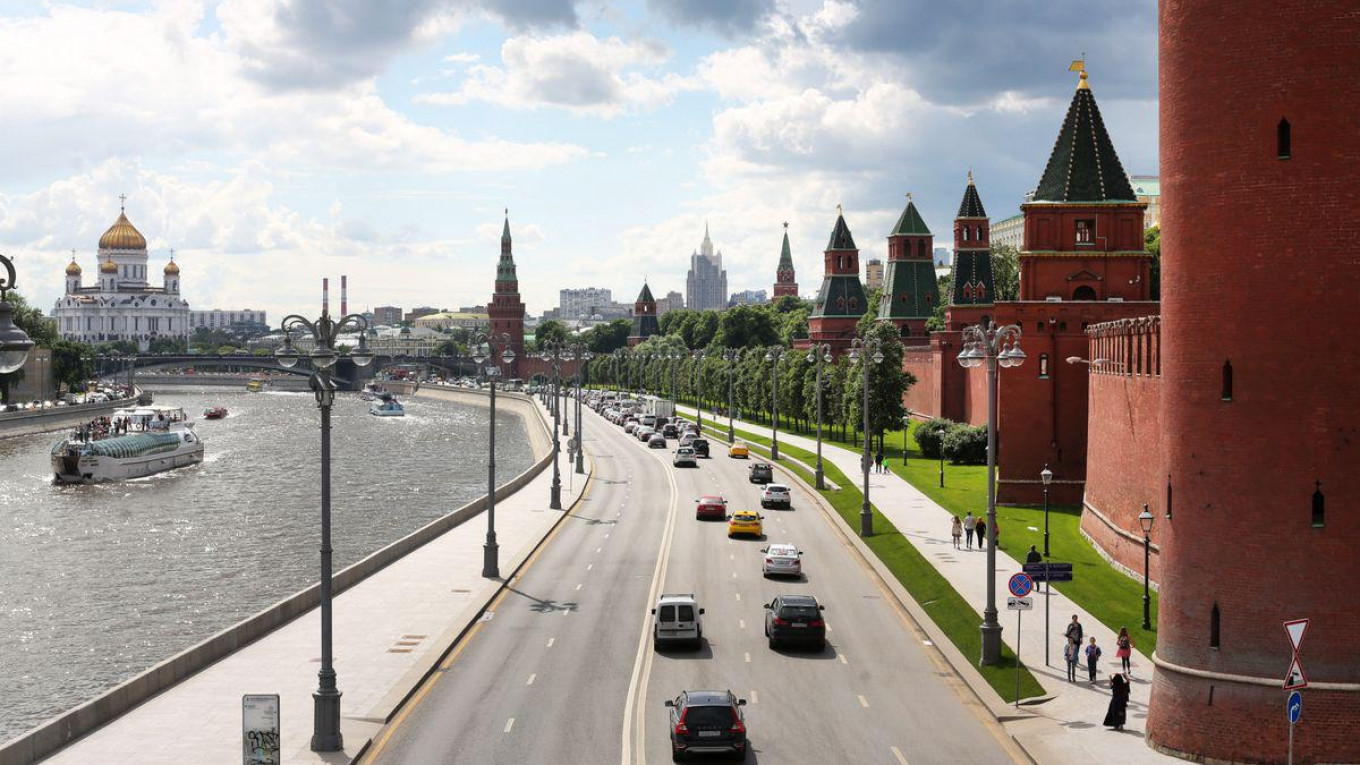(Bloomberg) — Russia’s government is discussing a proposal to turn on the fiscal taps in the biggest domestic spending spree since President Vladimir Putin last ran for re-election in 2012, said three people with knowledge of the matter.
The Kremlin is considering a plan that will raise outlays on transport and roads by about 30 percent over the next three years and provide a boost of about 20 percent to spending on health care and education, according to one of the people.
Details of how the increases might be financed haven’t yet been worked out, though cuts to spending in areas like security, as well as tax increases and a wider deficit, are among the options, the people said. They asked not to be identified because the information isn’t public.
Putin’s economic aide, Andrey Belousov, is spearheading the proposed budget overhaul, they said. Some of the moves were initially outlined by former Finance Minister Alexei Kudrin, according to a presentation by his research center that was seen by Bloomberg.
Business daily Vedomosti earlier reported that Russia may shift budget expenditures to social needs while cutting other spending or boosting tax collection to accommodate the increase.
The proposed boost would start to take effect in late 2018, with most of the effort focused on 2021-2022, two of the people said. That will bring spending on health care, education and infrastructure up by 2.3 percent of gross domestic product, the people said. At present, expenditures on the three amount to about 9 percent of GDP.
‘Dead End’
“There’s a risk that this will be limited to empty words in support of the need to reform, but in reality little will be done,” said Vladimir Tikhomirov, chief economist at BCS Financial Group, a Moscow brokerage. “The economic policy that’s currently being conducted is a dead end, it doesn’t produce the effect of economic growth or an improved standard of living.”
Putin faces little challenge as he looks to win a fourth presidential term in the election in March. But incomes have been slow to recover as Russia stumbles out of the longest recession since he first took power almost two decades ago.
The government had been planning to hold spending on health, education and infrastructure little changed over the next few years as part of a drive to keep the budget deficit in check amid low oil prices.
The World Bank warned in November that “further cuts in health and education may jeopardize both economic growth and the well-being of the population.”
At 3.6 percent of GDP in 2016, Russia’s spending on health care was far below the European Union’s average of 7.2 percent, it said in a report. The government also allocated 3.6 percent of GDP for education, compared with 4.9 percent for EU nations.
A Message from The Moscow Times:
Dear readers,
We are facing unprecedented challenges. Russia's Prosecutor General's Office has designated The Moscow Times as an "undesirable" organization, criminalizing our work and putting our staff at risk of prosecution. This follows our earlier unjust labeling as a "foreign agent."
These actions are direct attempts to silence independent journalism in Russia. The authorities claim our work "discredits the decisions of the Russian leadership." We see things differently: we strive to provide accurate, unbiased reporting on Russia.
We, the journalists of The Moscow Times, refuse to be silenced. But to continue our work, we need your help.
Your support, no matter how small, makes a world of difference. If you can, please support us monthly starting from just $2. It's quick to set up, and every contribution makes a significant impact.
By supporting The Moscow Times, you're defending open, independent journalism in the face of repression. Thank you for standing with us.
Remind me later.






